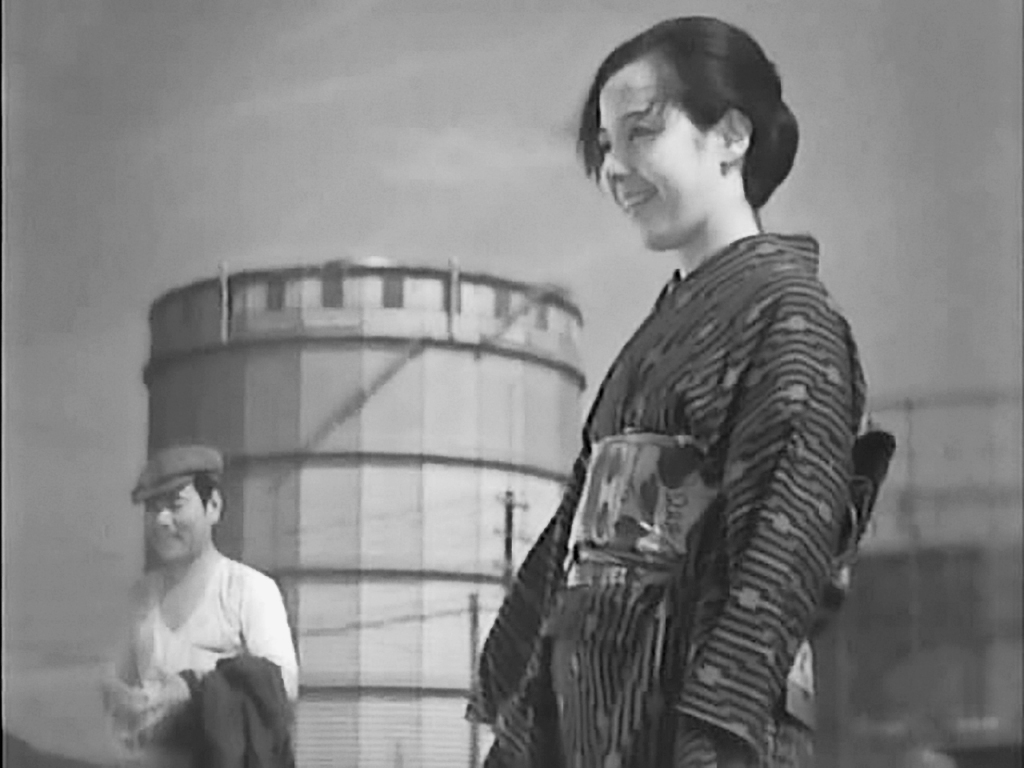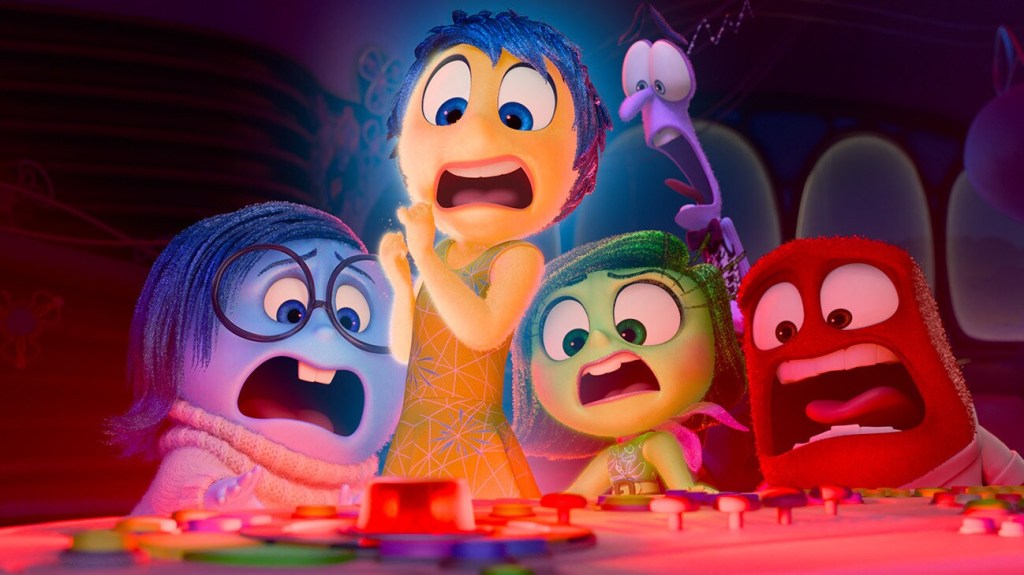 Carlo Collodi’s 1883 novel The Adventures of Pinocchio is one of the world’s most famous and best-selling works of children’s literature, and as such has long been a source for film and television adaptation. Walt Disney’s 1940 animated adaptation dominates, of course, but the story of a wooden puppet turned to life has enjoyed at least 18 film iterations since 1911. Another two – one by Guillermo Del Toro and another from Disney and Robert Zemeckis – are currently in production.
Carlo Collodi’s 1883 novel The Adventures of Pinocchio is one of the world’s most famous and best-selling works of children’s literature, and as such has long been a source for film and television adaptation. Walt Disney’s 1940 animated adaptation dominates, of course, but the story of a wooden puppet turned to life has enjoyed at least 18 film iterations since 1911. Another two – one by Guillermo Del Toro and another from Disney and Robert Zemeckis – are currently in production.
In 1972 the Italian director Luigi Comencini directed a five-part television miniseries for state broadcaster Rai. Running a total of 280 minutes, it was a major commercial success and was arguably the first time a complete adaptation of Collodi’s novel was attempted. So successful was the series that it was subsequently expanded by an additional 80 minutes for European broadcast and then stripped back to 135 minutes to be released internationally as a feature film. It is this abridged feature version that we are going to discuss here. It is a tremendous, joyful, and wonderfully faithful work.
The carpenter Mastro Geppeto (Nino Manfredi) lives alone and in poverty in a small Italian village. Deciding to carve himself a puppet to keep himself company, Geppeto begs a block of wood from his neighbour Cherry. Unbeknownst to Geppeto, Cherry gives him an enchanted block: once carved, Geppeto’s puppet comes to life. Named Pinocchio (Andrea Balestri), the puppet is soon visited by the Fairy with Turquoise Hair (Gina Lollobrigida) who promises to turn him into a real human boy if he behaves himself – but the impulsive Pinocchio finds it impossible to behave.
The Adventures of Pinocchio is an utterly charming work of children’s cinema. Despite working with a comparatively modest budget, Comencini’s film bursts with a wonderful sense of whimsy and humour. When tackling the novel’s more outlandish moments – children turning into donkeys, or Pinocchio being swallowed by a giant shark – the film goes for charm over realism every time. It generates enormous audience goodwill; visual effects always date, but charm tends to last forever.
It also boasts a nicely satirical edge that is often absent from more bowdlerised adaptations: viewers mostly familiar with the Disney version may blanch at the moment when Pinocchio is visited upon by a moralistic talking cricket – only to squish it stone dead. This is the perfect kind of all-ages film where a smart screenplay manages to deliver different stories to different audiences at the same time. Children will buy into the fantastic adventure, while adults will find a lot of properly amusing material as well. Unlike contemporary Hollywood, it achieves it without a tacky reliance on pop culture references.
Comencini has overseen a tight theatrical edit – were you not aware that the film was original a miniseries it is unlikely you would suspect. Nothing feels significantly truncated, and nothing feels rushed or missing. While the film is episodic, that reflects the novel as much it does the circumstances of the film’s creation.
Andrea Balestri is a fine Pinocchio, delivering a performance that balances between the character’s constant misbehaviour and an innate audience appeal – Pinocchio is a naughty child but a likeable one. As Geppeto, Nino Manfredi is a deft clown. He balances physical and verbal humour, showcasing his very strong skills in comedy at every turn. Manfredi was one of the leading lights of the ‘commedia all’Italiano’ movement, and it is immediately obvious why he earned such acclaim over his long career.
This is the sort of exceptional film that, due to the vagarities of time and distribution, has been largely lost to international audience. It is a deep shame. I would love for a chance to watch the original miniseries. I would love for a broad audience to rediscover what a faithful, wonderfully effective, and enormously enjoyable film it is. At noted above, there have been a lot of Pinocchio adaptations committed to the screen over the past century. This one is far and away my favourite.





Leave a comment